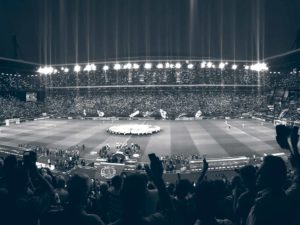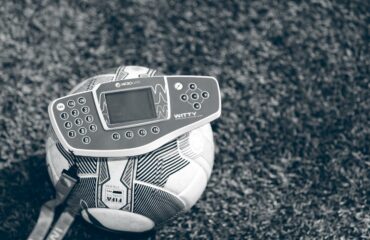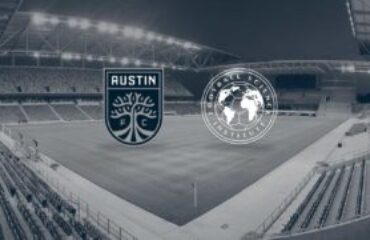THEORETICAL FRAMEWORK
Soccer players perform several night-time matches under floodlights (e.g., 20:45 for UEFA Champions League; 22:00 for Spanish League) throughout a usual soccer season, which may have consequences for both sleep quality and recovery. After an evening match, players fall asleep later, time in bed is significantly shorter, and the resulting amount of sleep is significantly shorter than after day activities (e.g., official matches and training sessions) (Sargent et al., 2016; Shearer et al., 2015). The extent to which player sleep quantity and quality objectively differ after evening matches and regular training days is currently not known. The lack of data surrounding sleep after night matches is concerning, since these periods of sleep loss could potentially compromise muscle glycogen resynthesis and, among other capabilities, sprint performance (Skein et al., 2011).
STUDY OBJECTIVES
To monitor sleeping patterns of elite soccer players and assess whether differences in sleep quantity and quality occurred after night matches compared to regular training days.
MAIN RESULTS
After obtaining sleep data from training days throughout a 3-week period and 5-night matches, resulting in a total of 15 individual night recordings, the authors observed that:
- Bedtime was significantly later, whereas awakening time was not significantly different for night matches compared to training days.
- Total sleep time after a night match was significantly less than after training days, with a substantial difference.
- Bedtime was significantly later, whereas awakening time was not significantly different for away matches compared to home matches.
- 90% of the players indicated worse sleep in the nights and reported taking a longer time to fall asleep after evening matches than after regular training days.
CONCLUSIONS
Collectively, these data suggest that player sleep patterns are disturbed by the specific circumstances of night matches. Sleep curtailment encountered by soccer players after evening matches may lead to a cycle of poor sleep, resulting in extended sleep periods (i.e., sleeping late in the morning and longer naps) on days-off in an attempt to compensate for the sleep deficit, which in turn may promote poor and nonrestorative sleep on subsequent nights.
FSI STATEMENTS
- Night matches induce lower sleep quantity and quality when compared to regular training days.
- Coaches should be aware of these sleep disturbances after night matches when programing post-match recovery protocols and “return to training” activities.
- Congested fixtures with successive evening matches can lead to repetitive sleep curtailment which might compromise post-match recovery and physical performance of elite soccer players.
- Sleep hygiene practices are strongly recommended for soccer players participating in night games during the competitive season.
Sargent, C., & Roach, G. D. (2016). Sleep duration is reduced in elite athletes following night-time competition. Chronobiology international, 33(6), 667-670.
Shearer, D. A., Jones, R. M., Kilduff, L. P., & Cook, C. J. (2015). Effects of competition on the sleep patterns of elite rugby union players. European journal of sport science, 15(8), 681-686.
Skein, M., Duffield, R., Edge, J., Short, M. J., & Muendel, T. (2011). Intermittent-sprint performance and muscle glycogen after 30 h of sleep deprivation. Medicine & Science in Sports & Exercise, 43(7), 1301-1311.





